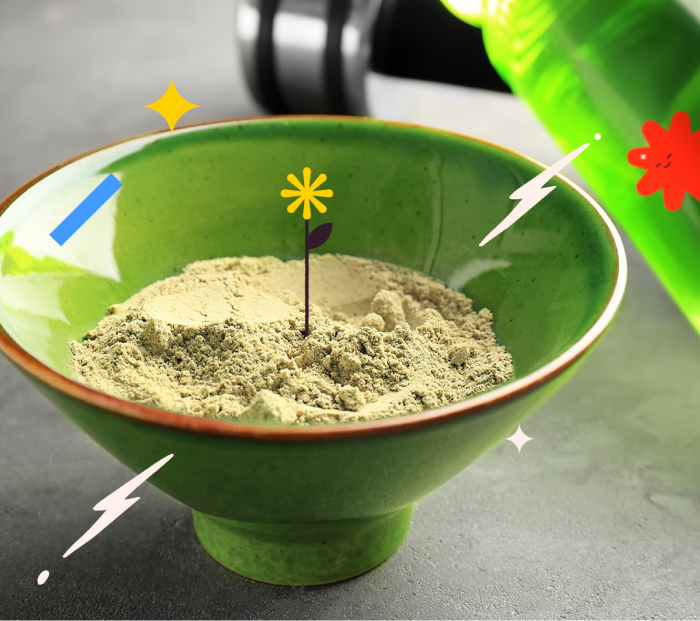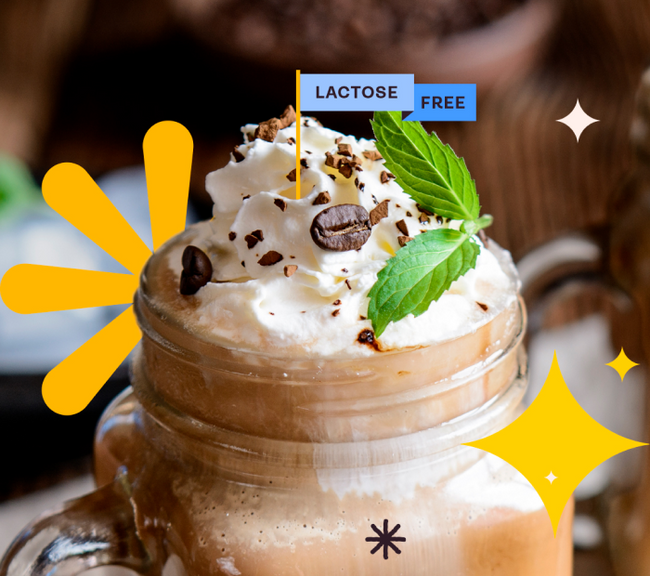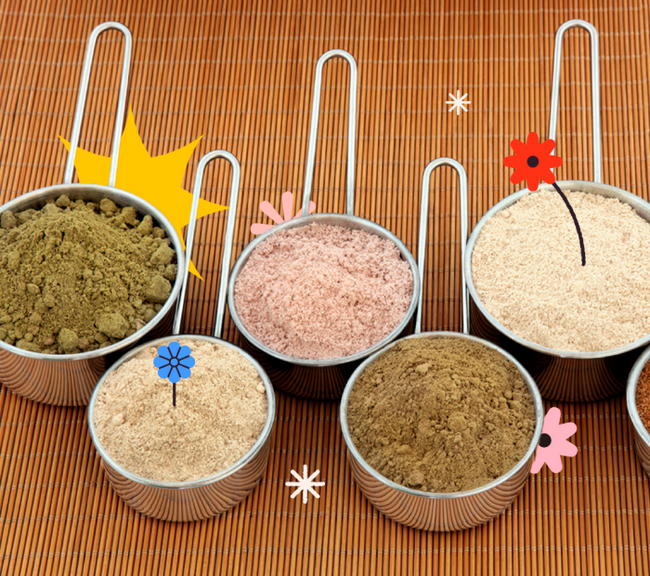If you're looking for a protein supplement, but don't want to ingest animal products, there are two great options: hemp protein and pea protein. Hemp is made from the seeds of the cannabis plant and can be processed into a powder or liquid form. Pea protein comes from the yellow split peas. With these two different sources of protein, it's important to take a look at their pros and cons before making a decision on which one to use for your diet.

Delicious. Nutritious.
High protein coffee made with Pea protein.

Delicious.
Nutritious. High
protein coffee made
with Pea protein.
What is hemp protein?
Hemp protein is made from hemp seeds. Hemp seeds are its only edible part, so hemp protein is made from hemp seed by grinding it.
Hemp seeds can also help to balance blood sugar, prevent cancers by stopping free radicals from attacking cells and stop the onset of autoimmune diseases like lupus and psoriasis.
But hemp seeds aren't only beneficial for you; hemp is great for the environment too! Hemp farming doesn't require pesticides or herbicides to grow, hemp naturally wards off all pests and producing hemp can actually remove toxins from the soil it grows in.

How does hemp protein benefit me?
Hemp seed has an amazing nutritional profile that includes protein, fiber, and omega-3 fatty acids. Hemp protein will provide your body with a high amount of protein, which helps the body build muscle and maintain healthy skin and hair. Hemp provides a unique balance of omega-3s and omega-6 fatty acids that help to increase your heart health, brain function, reduce inflammation throughout your body, improve skin conditions like eczema, acne, dryness, and aging skin, and aids digestion by increasing fiber intake while helping you feel full longer and stimulate weight loss due to its amazing fiber content.
What is pea protein?
Pea protein is also made from plant-based sources, but the main ingredient is yellow split peas. Like hemp protein, it does not contain any toxins or psychoactive ingredients that would alter your state of mind. In addition to being a vegan source of protein, pea protein contains other nutrients such as fiber and iron.
How does pea protein benefit me?
Like hemp protein, pea proteins can help strengthen muscles and improve skin health. It also has a low glycemic index (GI), which means it will not cause a large spike in blood sugar levels after consumption. If you suffer from diabetes or hypoglycemia, you should try out pea proteins and hemp proteins since hemp has been known to lower blood sugar levels.
For a comprehensive list of benefits of pea protein, check out

Pea Protein Powder 101: The Complete Guide, Benefits, Recipes.

by Kaivan Dave
May 20, 2022 | 6 min. read
Their taste differences
Many people have had an unpleasant experience with hemp protein in the past due to its earthy taste - it can even have a "grassy" note to it depending on how it's processed. In addition, hemp has been known to cause some stomach discomfort for individuals who have never tried hemp protein before. This discomfort usually subsides after continued use of hemp protein, but if you're going to use a product every day for years, you should take the taste into consideration.
Pea protein is an easier-to-digest protein than hemp, so it may be better for first-time users of plant protein. The taste of pea protein powder is often said to be neutral, leaving you free to mix it with any liquid that you'd like - water, juice or milk are all popular choices! You can also try adding a little vanilla extract or cocoa powder if you want to change up the flavor.
Essential Amino Acids: How's their nutrition?
If hemp has one advantage over peas in this category it's that hemp contains more amino acids (all 9) per serving than peas do, which contain 8 out of 9.
That being said, hemp is complemented by pea protein due to its unique profile of amino acids and hemp only has the edge over peas in this category based on two amino acids: methionine and cysteine.
Most sources consider hemp a complete protein, but it does have lower levels of the amino acid lysine compared to pea. Additionally, hemp is most commonly consumed as part of a diet that contains other complete proteins such as brown rice or quinoa.
Convenience: Are they easy to buy, and do they mix well?
It may seem like both hemp and peas would take more work than soy or whey protein powders, but hemp is actually one of the easiest plant-based proteins to use. Hemp protein comes in powder form and can be mixed with your morning shake as well as baked into your favorite snacks.
Pea protein is also easy to mix, so if hemp isn't for you, pea may fit the bill! You can choose from a number of flavors as well as unflavored to find something that suits both your palate and goals.

Cost: Hemp Protein Powder vs. Pea Protein Powder
The cost of both hemp and pea protein varies widely depending on where you buy it from. If you do a Google search for hemp protein powder, several brands will come up. If you compare prices, hemp protein will cost you on average roughly $8 for a 2 lb bag and $11.17 for a 4 lb bag. Pea protein powder is slightly more expensive than hemp protein powder on average - $16-$17 for a 2lb bag and $23-24 dollars per 4 lbs bag.
Conclusion
Hemp protein powder just can't compete with pea protein powder when it comes to overall grams of protein. However, hemp protein is a complete protein. Additionally, Pea protein is lower in calories compared to hemp protein and therefore may be a better contributor to weight loss.
Both hemp and pea protein are relatively easy to use. Peas are easy to cook with, but even easier when they come in the powdered form! Pea protein is also offered in several flavors so it's easy to swap hemp out for peas should you not like hemp's taste.
Pea protein is slightly more expensive than hemp, but hemp does have the edge over peas only based on two amino acids. If you're looking to gain muscle hemp can be complemented by other proteins like rice or quinoa.
The bottom line:
Hemp and pea both make great additions to your diet if you want to build muscle, and pea is a great addition if you’re looking for lean mass!






































